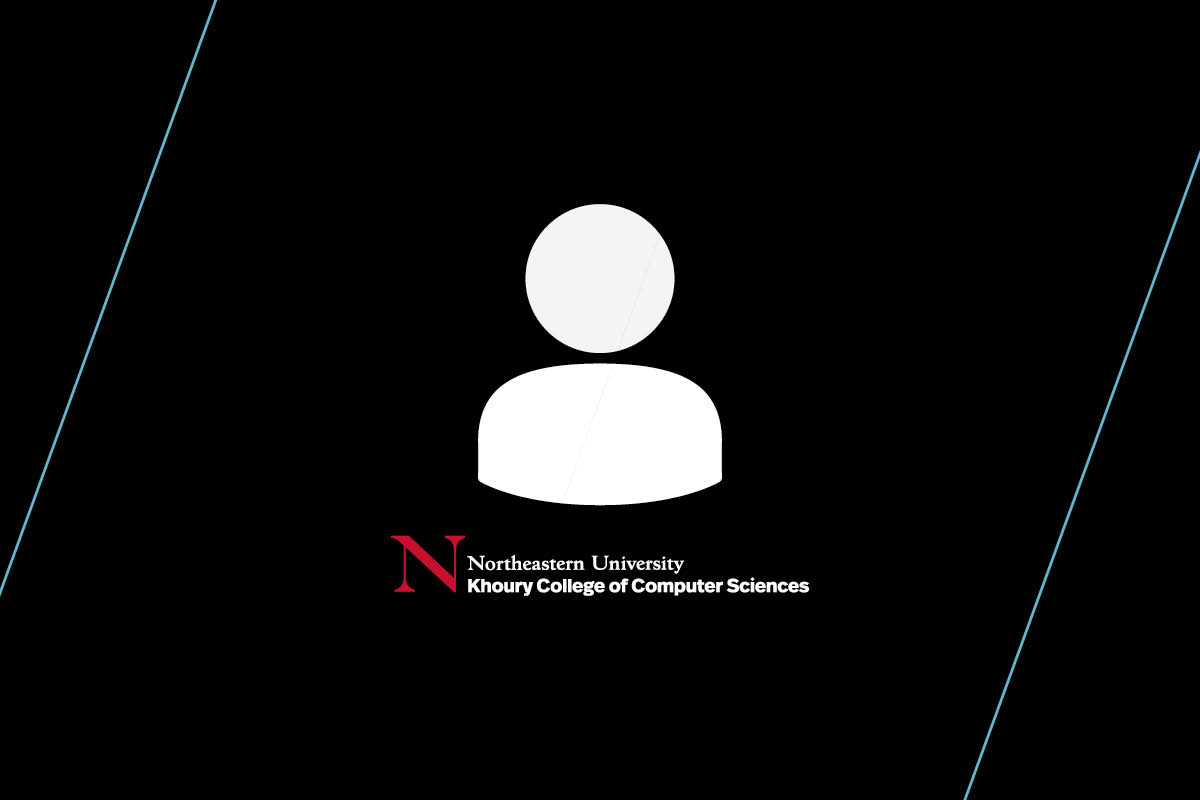Edmund Yeh
Professor of Electrical and Computer Engineering, Khoury College Courtesy Appointment

Research interests
- Data-centric network architectures
- Fog/edge computing
- Wireless network optimization
- Resilient network infrastructures
- Network science and economics
- Network information theory and coding
Education
- PhD in electrical engineering and computer science, Massachusetts Institute of Technology
- MPhil in engineering, Cambridge University — United Kingdom
- BS in electrical engineering, Stanford University
Biography
Edmund Yeh is a professor in the College of Engineering at Northeastern University, with a courtesy appointment in the Khoury College of Computer Sciences.
Before coming to Northeastern, Yeh was a professor of electrical engineering, computer science, and statistics at Yale University. He has also held visiting positions at MIT, Stanford University, Princeton University, University of California at Berkeley, New York University, Swiss Federal Institute of Technology - Lausanne, and the Technical University of Munich. He has been on the technical staff at the Mathematical Sciences Research Center, Bell Laboratories, and at the Space and Communications Group, Hughes Electronics Corporation. He is also a faculty fellow at Yale Law School's Internet Society Project.
Yeh has led and participated in several major multi-university research projects. He served as principal investigator (PI) for the $7.9 million NSF Future Internet Architecture grant which launched the Named Data Networking project. He also served as a PI for the $10 million industry-collaborative DARPA Dispersed Computing Generalized Network Assisted Transport project. He served as the lead PI for the $1 million NSF CC* SDN-Assisted NDN for Data Intensive Experiments project. Yeh also served as co-PI on two NSF Critical Resilient Interdependent Infrastructure Systems and Processes Type 2 projects, each funded by $2.5 million.
Yeh has led and participated in funded research projects worth $36 million, supported by NSF, DARPA, AFOSR, ARO, DTRA, Cisco, Intel, American Tower, and Raytheon. Currently, he serves as a co-PI for the $6.1 million Platforms for Advanced Wireless Research Project Office, which collaborates with NSF and industry partners to accelerate fundamental research on wireless communication and networking technologies by establishing and overseeing multiple city-scale testing platforms across the United States.
Yeh is the recipient of the Alexander von Humboldt Research Fellowship and the Army Research Office Young Investigator Award. He has received three Best Paper Awards: at ACM in 2017, at IEEE in June 2015, and at IEEE International in July 2012. He has also received the Winston Churchill Scholarship, the National Science Foundation and Office of Naval Research Graduate Fellowships, the Barry M. Goldwater Scholarship, the Frederick Emmons Terman Engineering Scholastic Award, and the President’s Award for Academic Excellence from Stanford University.
Yeh chaired the National Academies panel that reviewed the in-house network science research at the Army’s Research, Development, and Engineering Centers. He also served on the National Academies panel reviewing the Information Technology Laboratory at the National Institute of Standards and Technology.
Yeh is a senior member of the IEEE, and a member of Phi Beta Kappa and Tau Beta Pi. He served as the secretary of the Board of Governors for the IEEE Information Theory Society, the general chair for ACM SIGMETRICS 2020 and technical program committee chair for ACM MobiHoc 2021. He also served as a steering committee member for IEEE's International Conference on Smart Grid Communications and as general co-chair for ACM's Conference on Information-Centric Networking.
Yeh has served as an associate editor for IEEE/ACM Transactions on Networking, for IEEE Transactions on Mobile Computing, and for IEEE Transactions on Network Science and Engineering. He served multiple roles for the IEEE Journal on Selected Areas in Communications, first as the guest editor-in-chief of the special issue on wireless networks for internet mathematics, and later as a guest editor of the special series on smart grid communications.
Projects
-
Interdependent Network-based Quantification of Infrastructure Resilience (INQUIRE)
Lead PI: Albert-László BarabásiCo PIs: Edmund Yeh, Auroop Ganguly